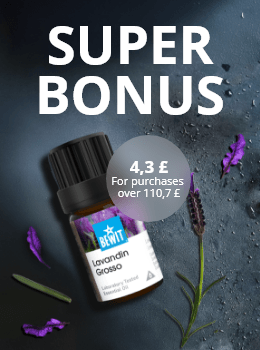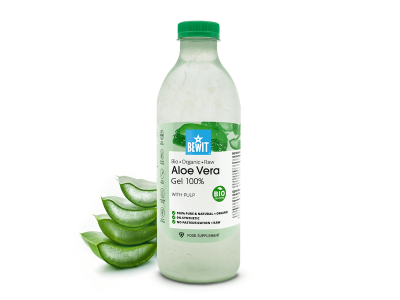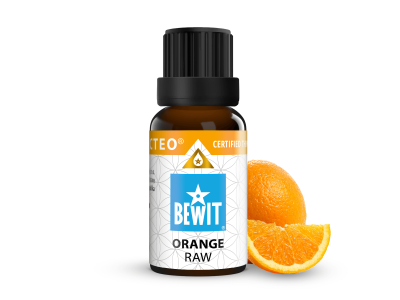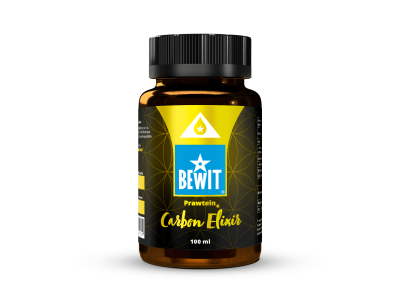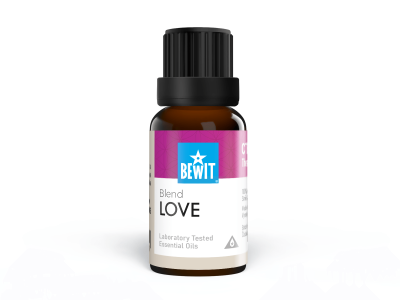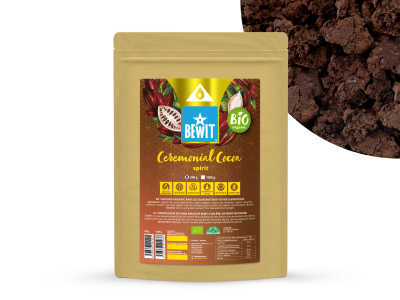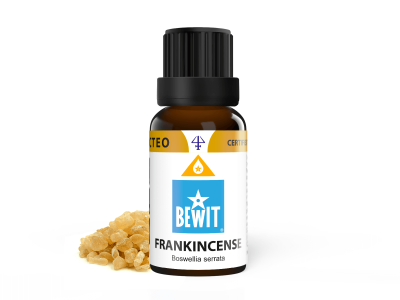
Discover with us the story of the scents of Madagascar
Do you remember our snippets from our trip to Africa, where we went to discover the best local producers of essential oils? We invite you to join us on an adventurous journey that, over the course of fourteen days, will open the curtain on the cultivation, harvesting and finally the production of essential oils. Travel with us to exotic regions letter by letter and smell the scent. This is Madagascar.
Madagascar, an island full of lemurs
To one of the largest islands in the world we went with a group of four. Discovering beauty, but also up to an incredible 90% of endemic plants and trees that you won't find anywhere else on the planet. Typical symbols of the island include lemur monkeys, which you can observe from close proximity. In addition, the local nature is still relatively sparsely populated by people, so it offers a high quality of unpolluted fields and wild growing vegetation for use not only in production of quality essential oils. After flying into the capital, which the locals call Tana, we excitedly set off for our first stop: ginger essences.
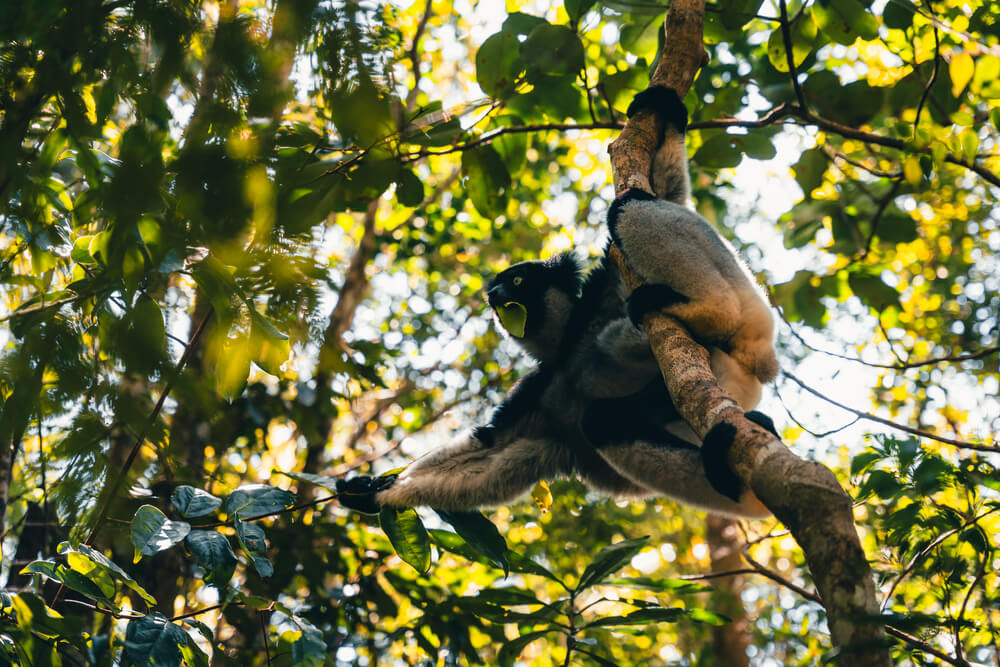
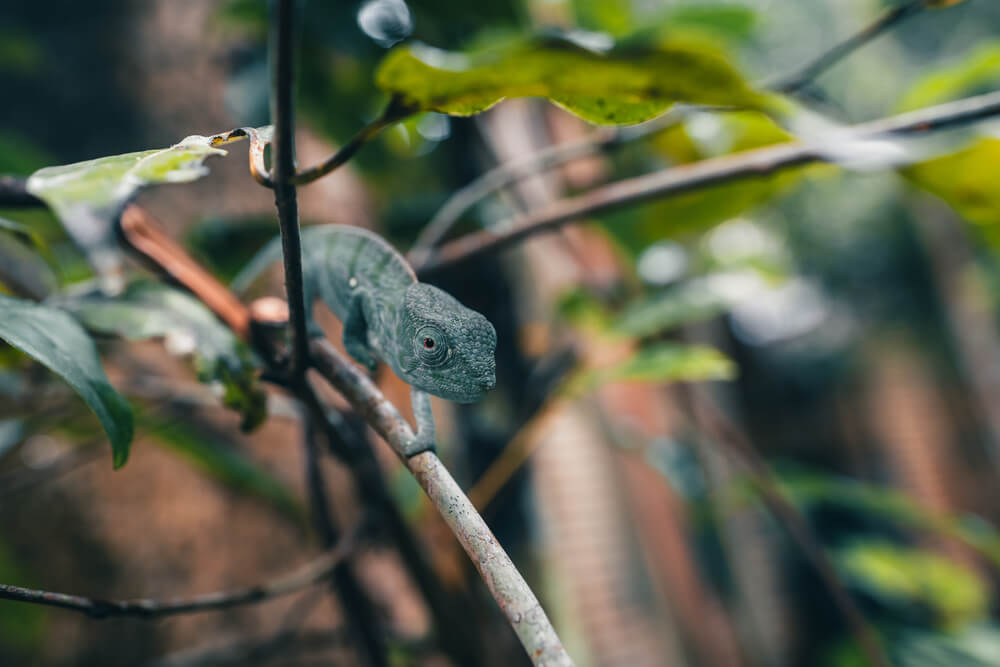
Journey to the jungle and beyond ginger
At the beginning, we had to drive for many hours to the eastern part of Madagascar. This is the area in which ginger thrives very well is located. There are also a number of beautiful natural parks and forests - which actually contrasts, because there are also fields where ginger root grows in the ground after about three months. It is then harvested by hand by local farmers.
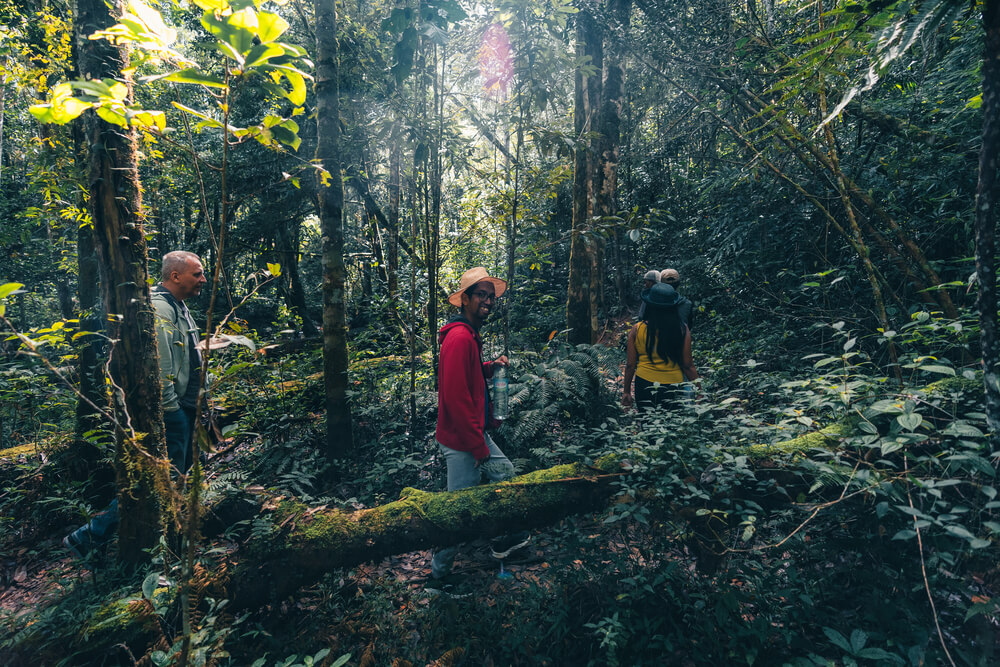
For the production of one litre of ginger essential oil approximately 400 kilograms of raw material is required. It travels from the field to the distillery. After cleaning the root from soil residues, the ginger is ready for very fine grinding. The result is a thick, finely ground mixture. Only then is the ginger transferred to the final mechanical distillation.
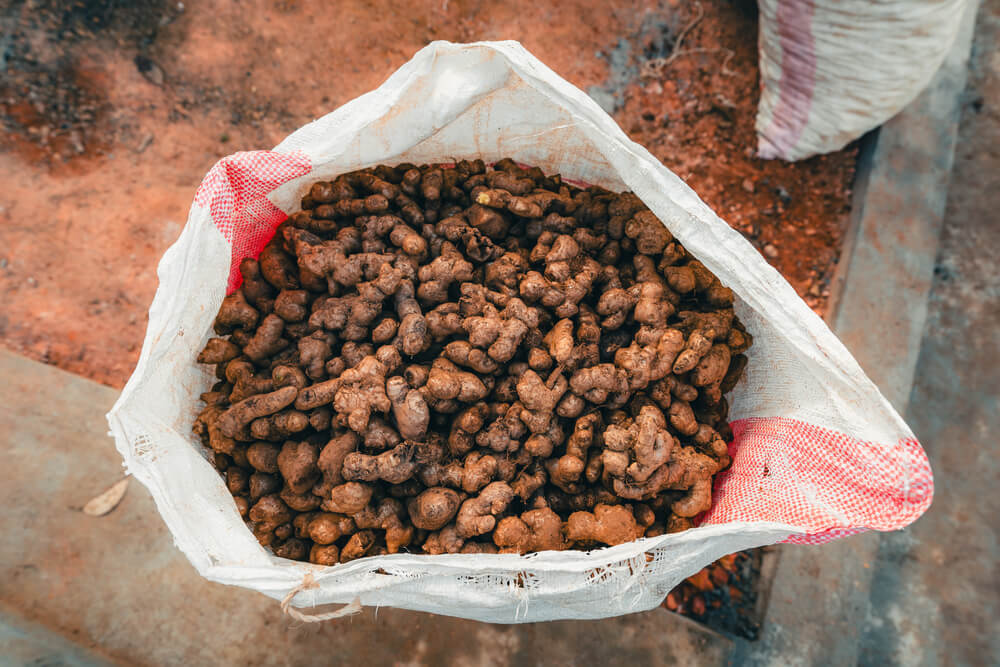
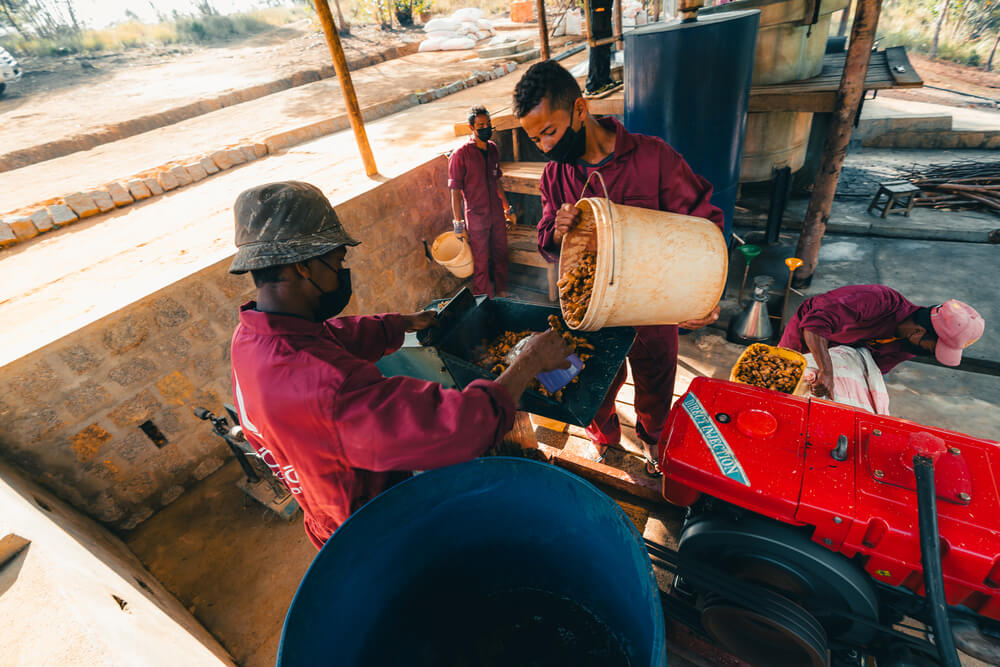
Local wood is used as fuel
How does the whole distillation process work? The still has a capacity of one thousand litres, but the local grower only fills it 1/3 – for a simple reason. This procedure is ideal for achieving the highest possible quality. The distillation process itself then takes about six hours. All the time, however, it is necessary to manually add wood to the boiler.
In Madagascar, it is common for people to use local wood as an energy source for heating water. This then turns into steam and passes through the distillation vessel, in which the ginger raw material is placed. It takes the steam with the essential oil and subsequently cools sharply in the condensation tank. So it turns back into a liquid state and is washed into the tank along with the essential oil.
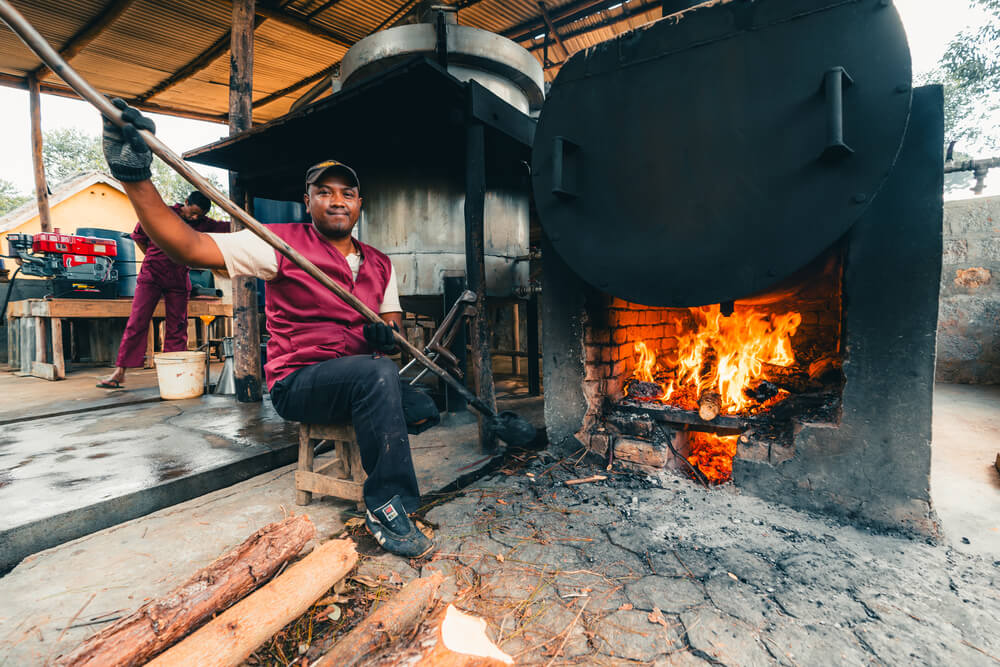
A by-product, but a cosmetic miracle
What do we enjoy most about each distillation process? The by-product of production - water - becomes a secondary (and great) product of natural cosmetics during the production of essential oil. You may know her as hydrolate, essential or flower water. It is used as a skin tonic, to refresh hair and skin, but also to flavour drinks or desserts.
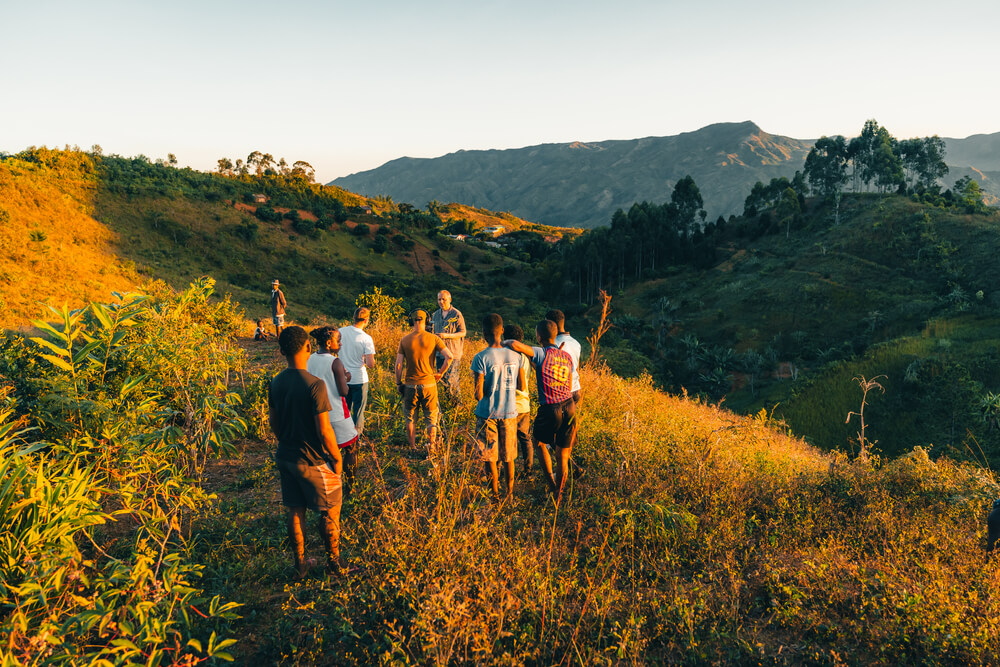
In this case, however, it is unfortunately different. It is fresh from local locations essential water is very difficult and expensive to transport quickly to the docks and get it in large quantities to Europe, therefore most of the flower water is poured out on the spot, leaving only the essential oil itself.
Smell it, this is geranium
We had to go through a long and rather demanding crossing to find another gem among essential oils. That's why we equipped ourselves with an off-road SUV to handle the rough island roads. There are very few asphalt roads in Madagascar, and even those do not allow for fast driving, as they are full of potholes and sometimes literally dangerous holes. Our average speed was only 40 km/h, so we completed the 150 km journey in almost 9 hours.
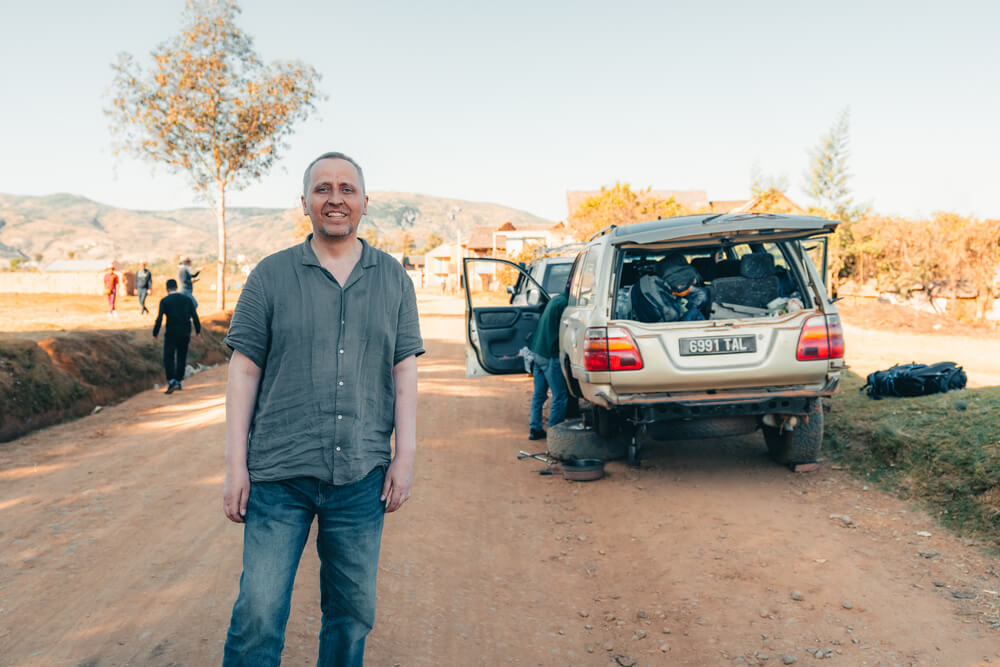
Location where Geranium is grown is located far from major cities at an altitude of over 2000 m above sea level. It has a unique microclimate and is one of the coldest places in Madagascar. In the morning and evening, temperatures drop to ten degrees Celsius, during the day it is over twenty degrees Celsius. In order to protect the geranium from low temperatures, the fields here are planted all around with coniferous trees.
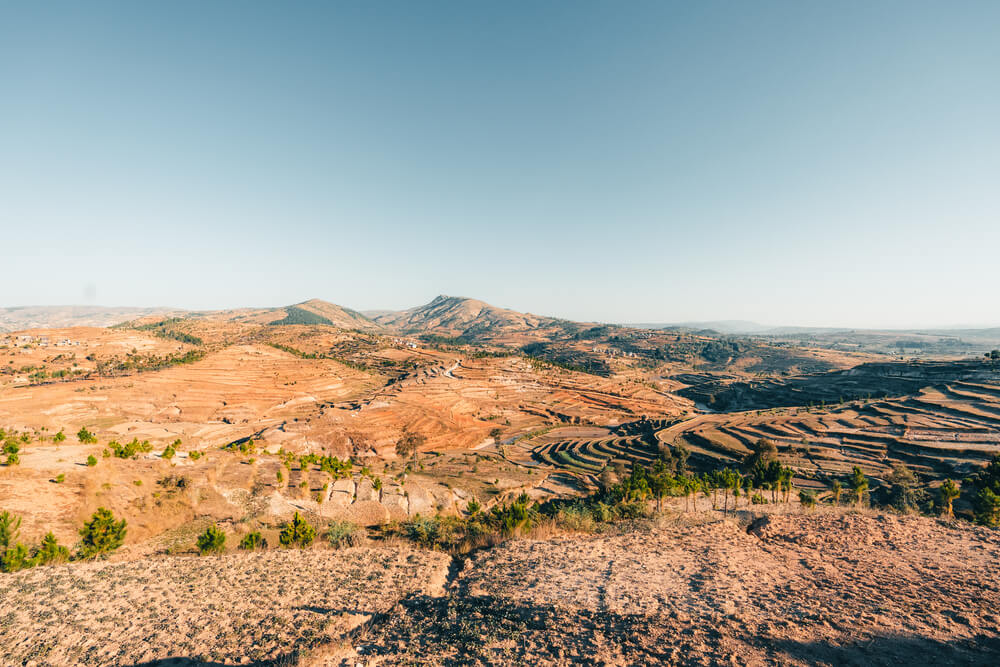
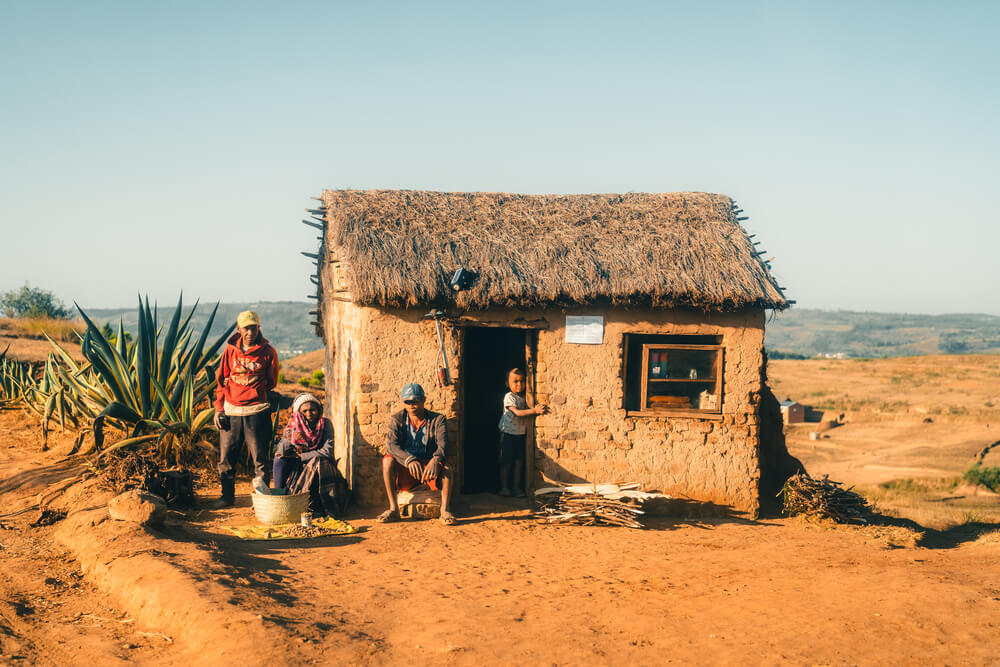
The collection of geranium is done manually with the participation of about 15 collectors. In less than an hour, they collect a sufficient amount of raw material to fill a home-made auto tractor and set off for the distillery.
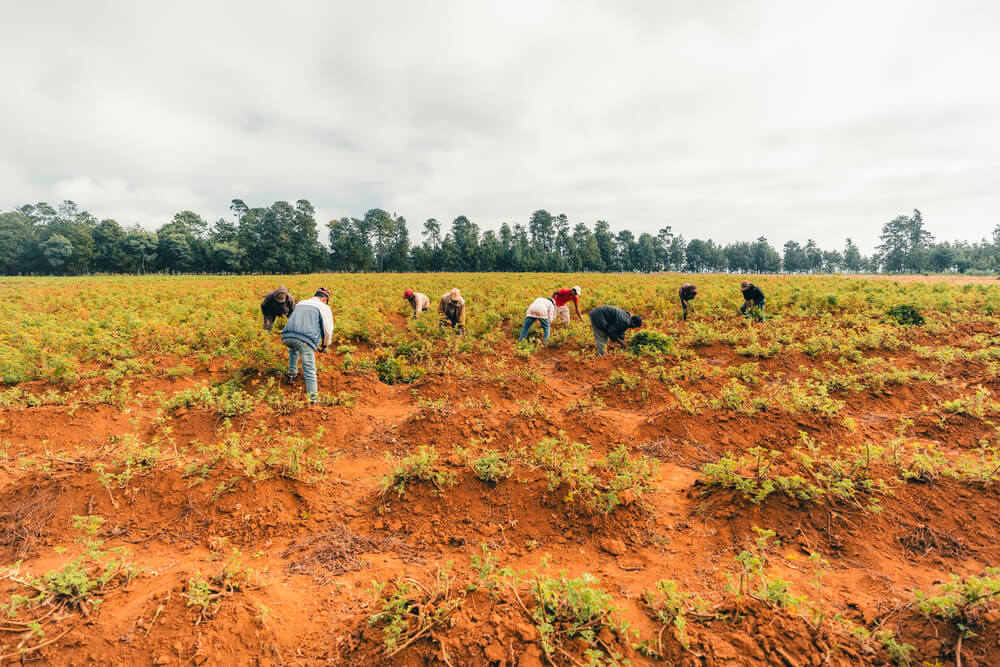
Subsistence in Madagascar: For many local people, cultivation is an important source of livelihood. There are not many job opportunities here. So many families are farmers and rice fields can be found here on almost every corner.
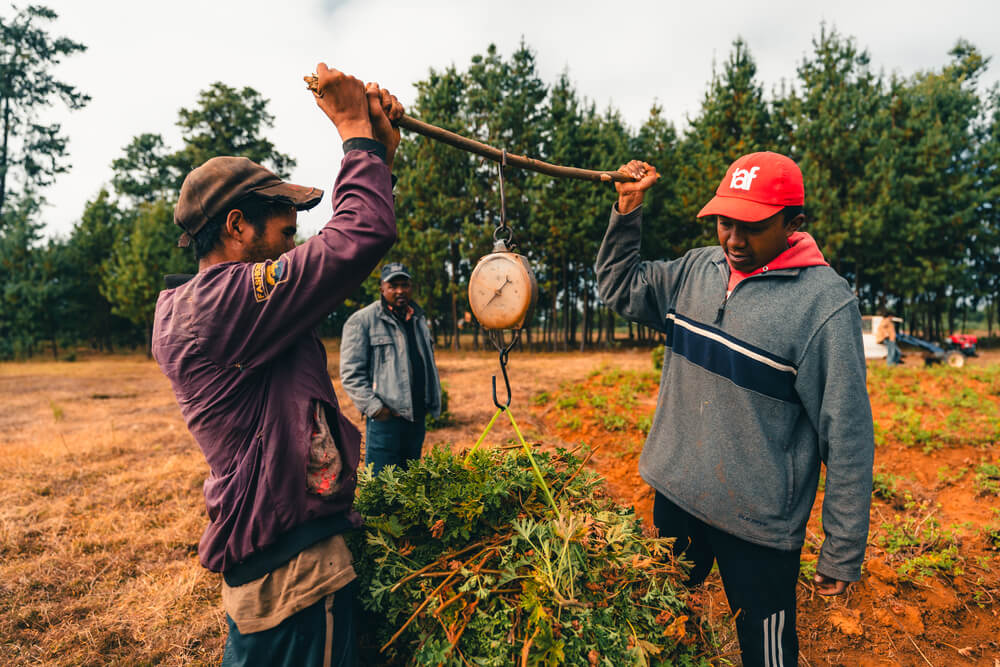
Humble distilleries, a strong community and a bucket instead of a shower
Although the distilleries here are modest and local wood is used everywhere as a heat source to heat the boiler, we have also seen the benefits of this simplicity. After filling the cauldron with raw materials, a few men tend the fire and the rest go to a picnic by the river, where local women prepare lunch for the farmers. They also invited us to a picnic. The feast was rich and gave us all a pleasant boost for the next part of the day, in which we were waiting for another collection and filling the cauldron with the second batch. Work on geranium essential oil finished late in the evening.
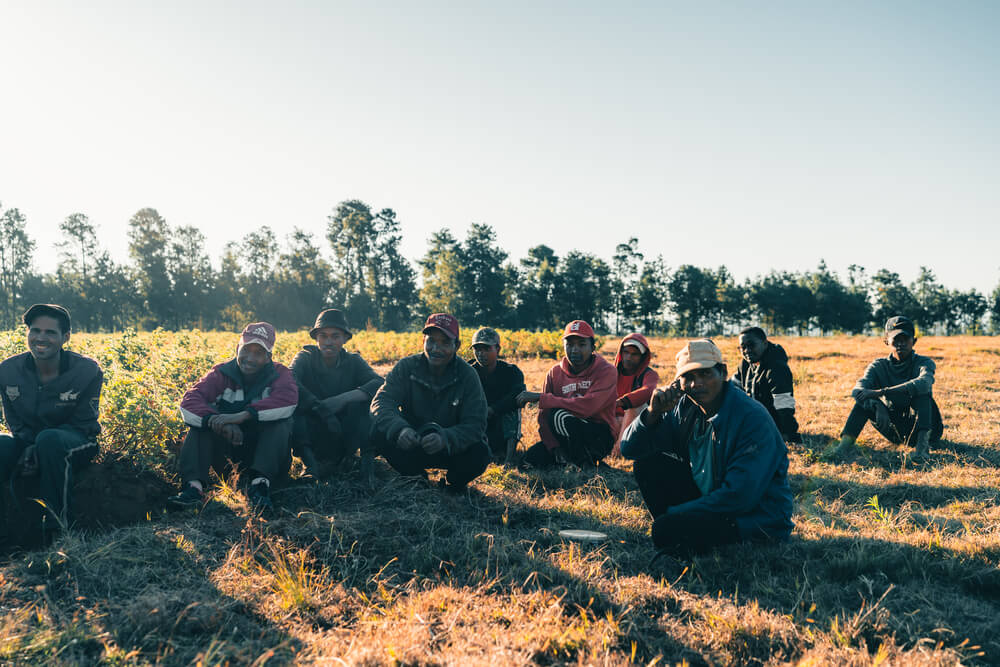
It's time to sleep. We spent the night directly in a house in the village near a farmer. The house was not yet inhabited, therefore there was practically no furniture and equipment inside. The conditions do not offer the villagers access to electricity, gas, water, because they simply do not exist here. The locals are completely on their own. A modest light in the house is powered by a car battery that has to be recharged from a generator, cooking is done on a fire and water is taken from a well by hand. The bathroom is not part of the house, which is a luxury home by local standards, but is located in the backyard. Yes, the humble dirt hut without a roof with a slight slope of the concrete floor, which serves as a water outlet further into the backyard - a shower. You won't find a faucet or a shower head here - and if you want to take a shower, you take a bucket of water, which you then pour over yourself. Of course, the water was cold, which was not surprising in the coldest region of Madagascar.
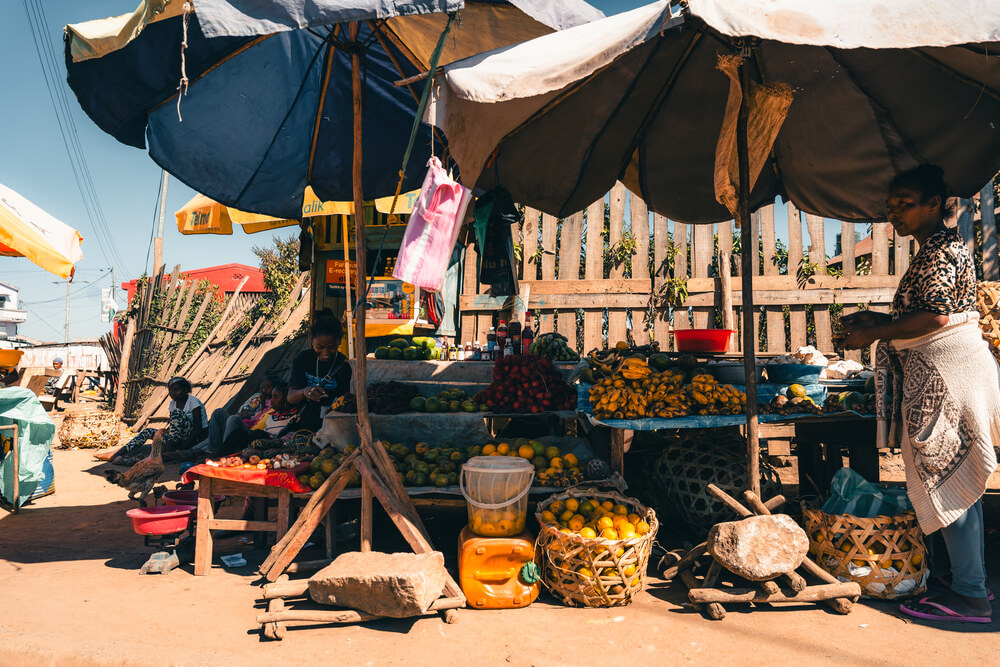
Back to the benches and the fragrant treasure
Our last Madagascar stop was the island of Nosy Be. To get there, we had to go back to the capital. We had a good rest there for a day and took the opportunity to visit an elementary School. Our Madagascan friend and former pupil arranged a visit with the headmaster. After a short interview, they allowed us to visit several classrooms and talk to the children. Jiří Černota greeted the children and had short conversations with them on the topics of future professions, dreams, what the children are currently learning and whether they know the Czech Republic. After some nice moments with the local children, we continued on.
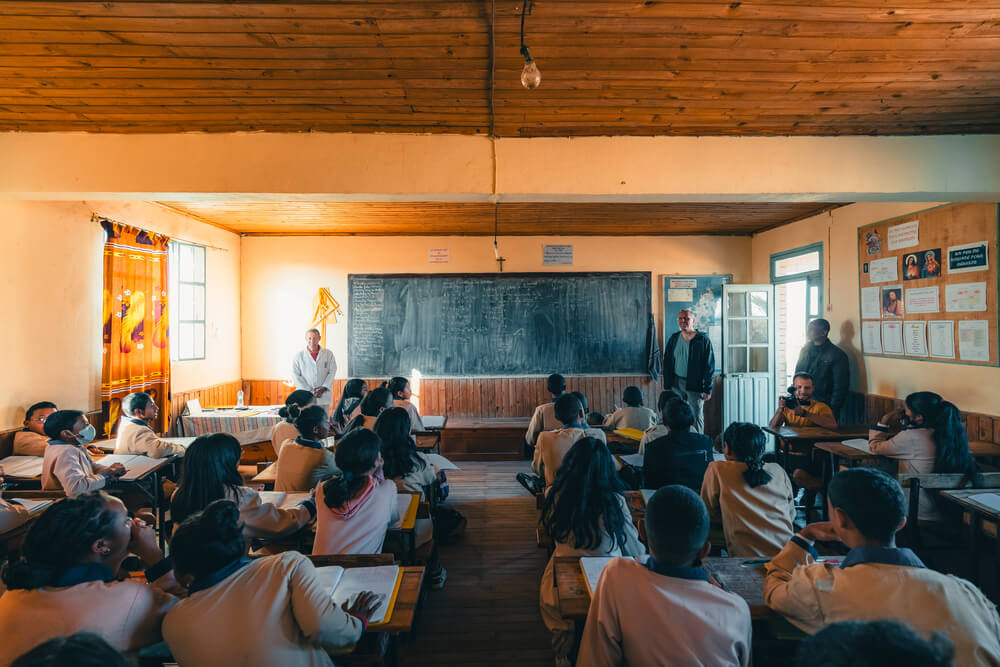
Support for Madagascar :: We are very happy that through direct partnership with Madagascan farmers and suppliers, we help not only the development of the economic side, but also help with social support, support in education and in the health sector. That really means a lot to us.
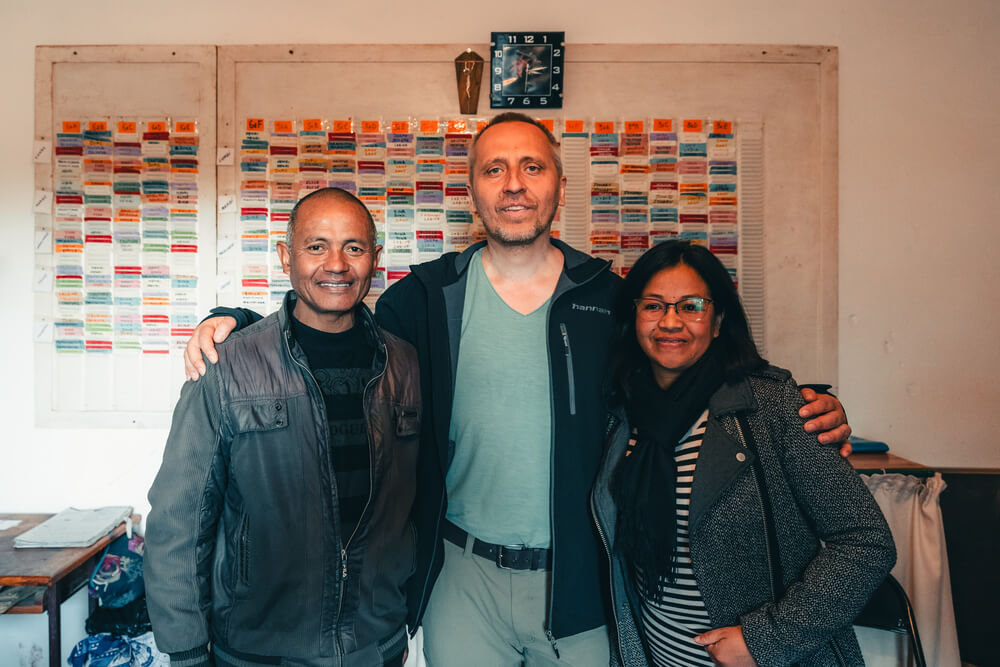
The next day we boarded a plane and left the capital for the island of Nosy Be, which is a popular tourist destination. There are beautiful sandy beaches as well as a relatively decent range of hotels and accommodation. In the interior of the island is a sparsely populated small mountain range where a hidden treasure is located: ylang-ylang. The floral, sweet, balmy, intoxicating and slightly spicy aroma of tropical ylang ylang essence brings relaxation, euphoria and increases sensuality. Cultivation is so widespread here that you come across ylang-ylang very often and there are several distilleries on the island. And it was with the intoxicating notes of ylang-ylang essential oil that our journey came to an end.
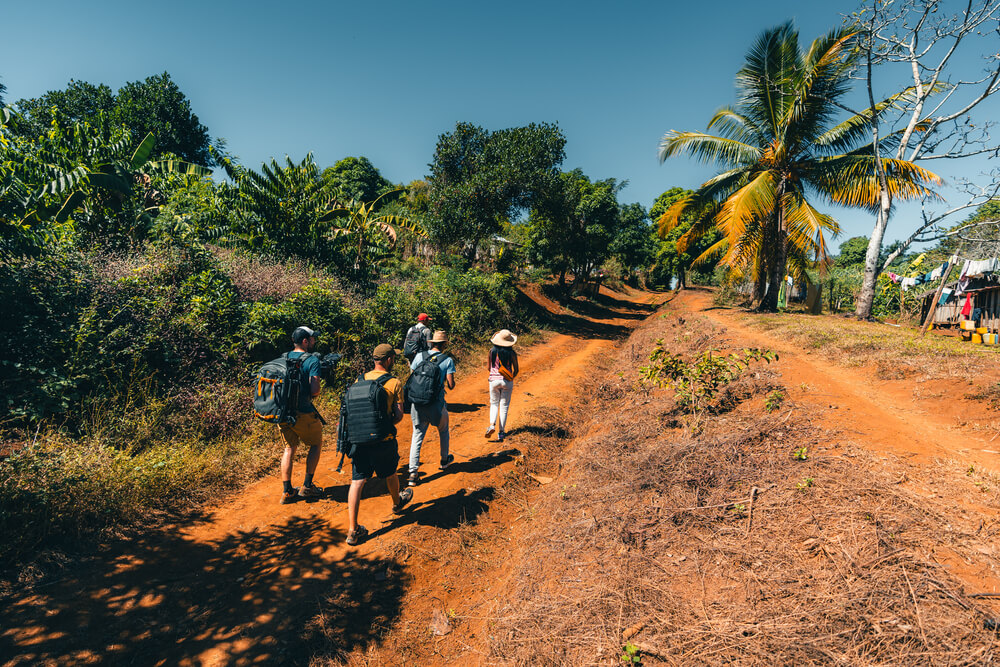
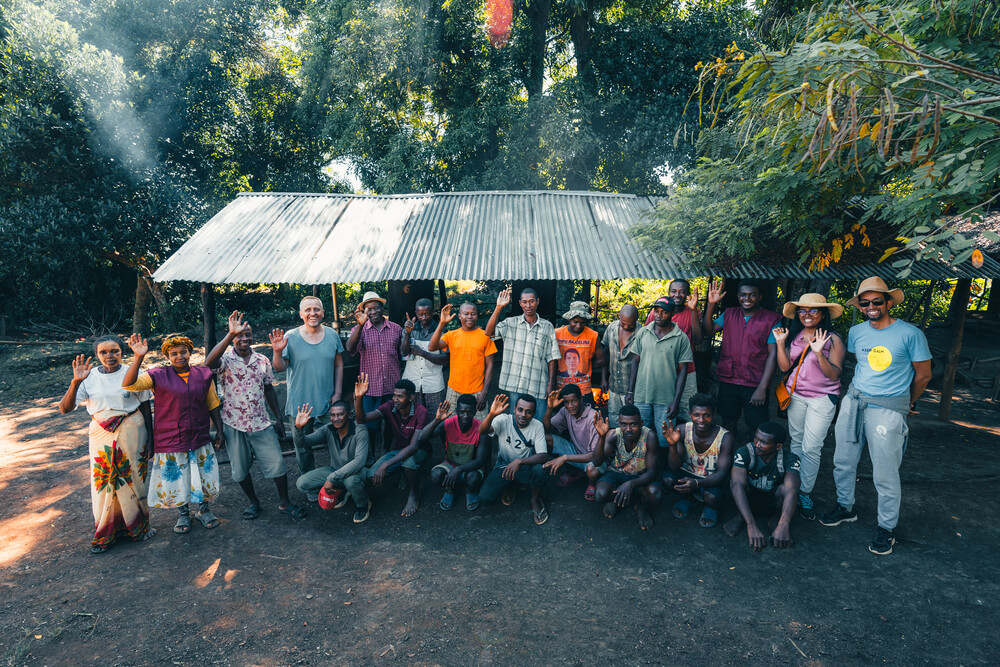
Smell it: This is Madagascar.
We're back a long time, but still it's not over yet. Our four-person expedition carefully documented everything throughout the trip. A mini documentary film series was created from our footage, which reveals the entire story of fragrance in detail. Not only. It also brings the stories of farmers and the whole palette of colours of Madagascar. Play it on our YouTube channel - we invite you to a mediated, colourful and fragrant adventure.

